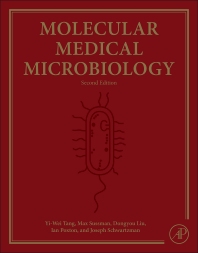MSK in the news this week…
The Gunner Rätsch Lab at Sloan Kettering Institute is working on training an artificial intelligence to identify similarities between cancer cases that human doctors might miss. The software algorithm combs through over 100 million sentences taken from anonymized clinical notes of 200,000 people with cancer, and sorts symptoms, medical histories, and doctors’ observations into clusters. These clusters are then analyzed to look for patterns and connections between different comments and treatments. “We’re looking to exhaust all that data to try to find something interesting” says Rätsch.
Previous studies showed a murine norovirus that can enhance intestinal immune system development. Researchers from the Eric Pamer Lab at Sloan Kettering Institute have identified a molecule that mimics this norovirus, which reduces Vancomycin-resistant Enterococcus faecium (VRE), a very serious hospital acquired pathogen, in mice. This molecule, a synthetic ligand called Resiquimod (R848) mimics the virus-derived RNA and binds directly to the protein TLR7 in the immune pathway. However, lead author Michael Abt warns, “It’s going to take a lot more research before it can get us to an actual therapeutic.”
M.C. Abt et al., “TLR-7 activation enhances IL-22 mediated colonization resistance against vancomycin,” Science Translational Medicine, doi:10.1126/scitranslmed.aaf33802, 2016. Continue reading

